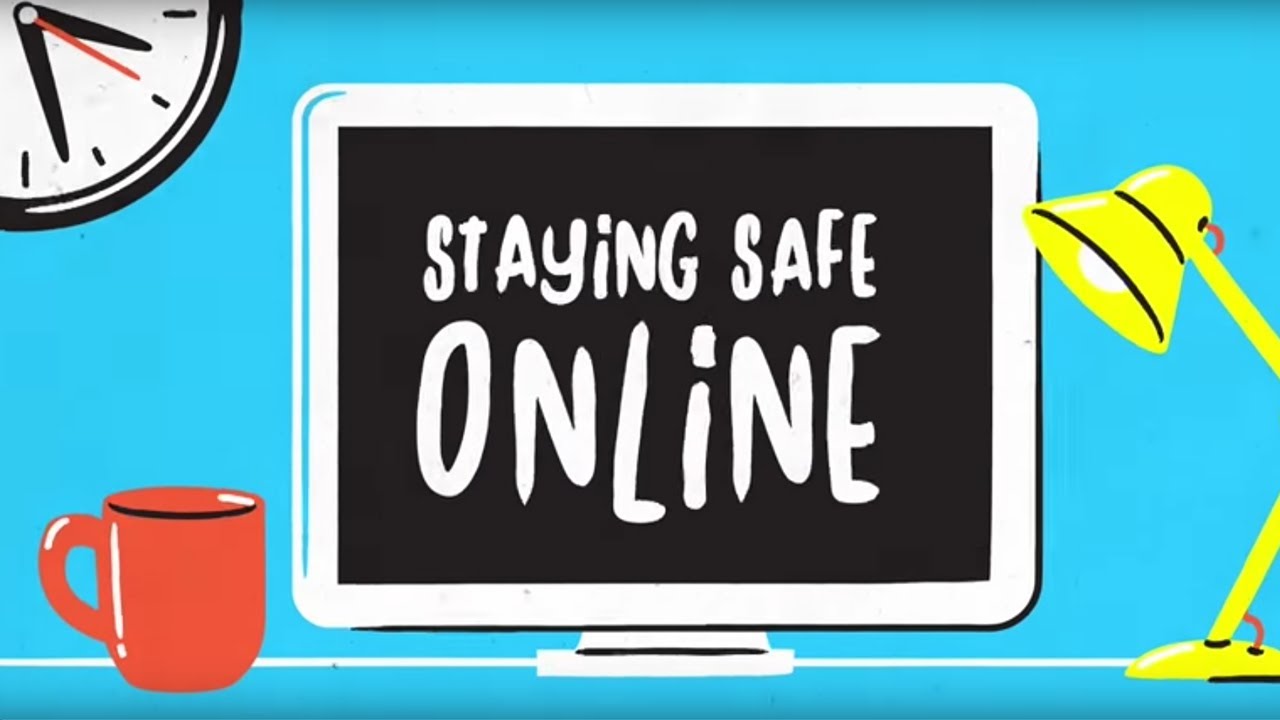
Safer Internet Day – Tuesday 9 February
West Yorkshire Police recently confirmed that the average age of a cyber criminal is 17 which demonstrates how important it is to be safe and act safely online.
You can find out more about this national activity here. Internet safety encompasses phishing, fraud, cyberbullying, online grooming, data sharing and more and as we all have a digital identity it is important to for everyone to be safe online.
Have a look at the tips and links below with some suggestions on how to get you started and help you to stay safe and positive online:
Question the source
Can you confirm online information by using other websites?
Checking the source can help you make a judgement on whether the information they are sharing is trustworthy. Consider where the information has come from and if you know the person or company sharing it. This could give you a reason to be suspicious or to feel that you can trust it. Can you find the same information somewhere else? The more sources that say the same thing, and the more reliable those sources, the more likely it is that the information can be trusted.
Fact or opinion
Always check whether there could be another side to the story…
Take the time to examine the information you see online and compare it to what you already know about that topic. Do you know enough to decide whether to trust it? If not, then do a little more research to find out more. Think about what the information is telling you and look for facts or quotes to support the argument. Is an opinion being presented as a fact? Be aware that a lot of what we see online is other people’s opinions and that there could be another side of the argument. Remember that opinions you see online are just that, you do not have to follow them and your opinion is just as important. If the viewpoint of the writer is very clear this could be a sign of bias.
Is it too good to be true?
Understand the motives behind the content you see online…
Think about the reasons behind the things you see online and why they are there. If a celebrity is promoting a product it is likely that they are being paid to do so. Understanding the motive behind the things you see online can really help you to decide what to trust. Look at the way the information or products are presented. Are you being sold something? Is someone trying to change your mind? Reviews can be useful but they cannot always be trusted. It has been known for people to write positive reviews of items to boost sales. Be sure to think about what you already know before you trust something online. Remember that if something looks too good to be true it probably is.
Check with your friends
Discuss, research and evaluate online information with people you trust…
If you are suspicious or not sure about something you see online talk to your friends for a second opinion. You might not all agree but it can be really useful to share your knowledge and talk it through. One of your friends may have taken the time to research it further or have some useful experience in this area. Ask your friends what they think. Do your friends think this is trustworthy or not? Find out what your friends know about this too. You can also work together to think about other people or sources that will help you to decide.
Talk it through
Work with adults to identify and stop misleading or unfair content…
It can be hard to know what to do about false or misleading content online, but if you see something misleading, upsetting or worrying online then speak to a trusted adult. This is an issue that affects everyone – talking it through with someone who supports you can help you feel less alone. Even if you don’t know all the answers, together you could take some small steps like making a report, and letting others know not to share it on. Do you think what you’re seeing is misleading or unfair? Has something been presented in a way to deliberately create hatred and anger? Is it upsetting or worrying? These are all things to look out for and talking them through with an adult can help.
